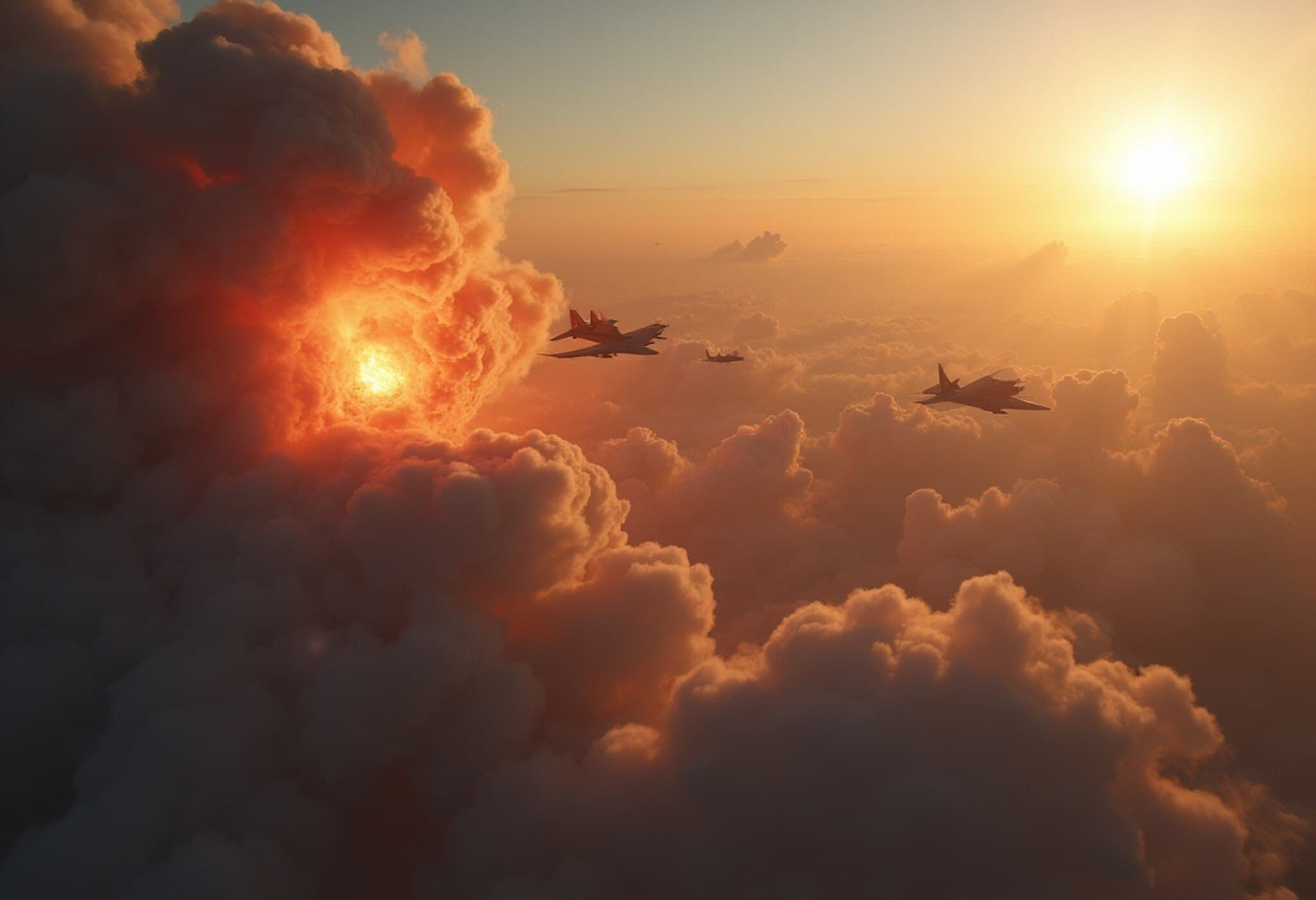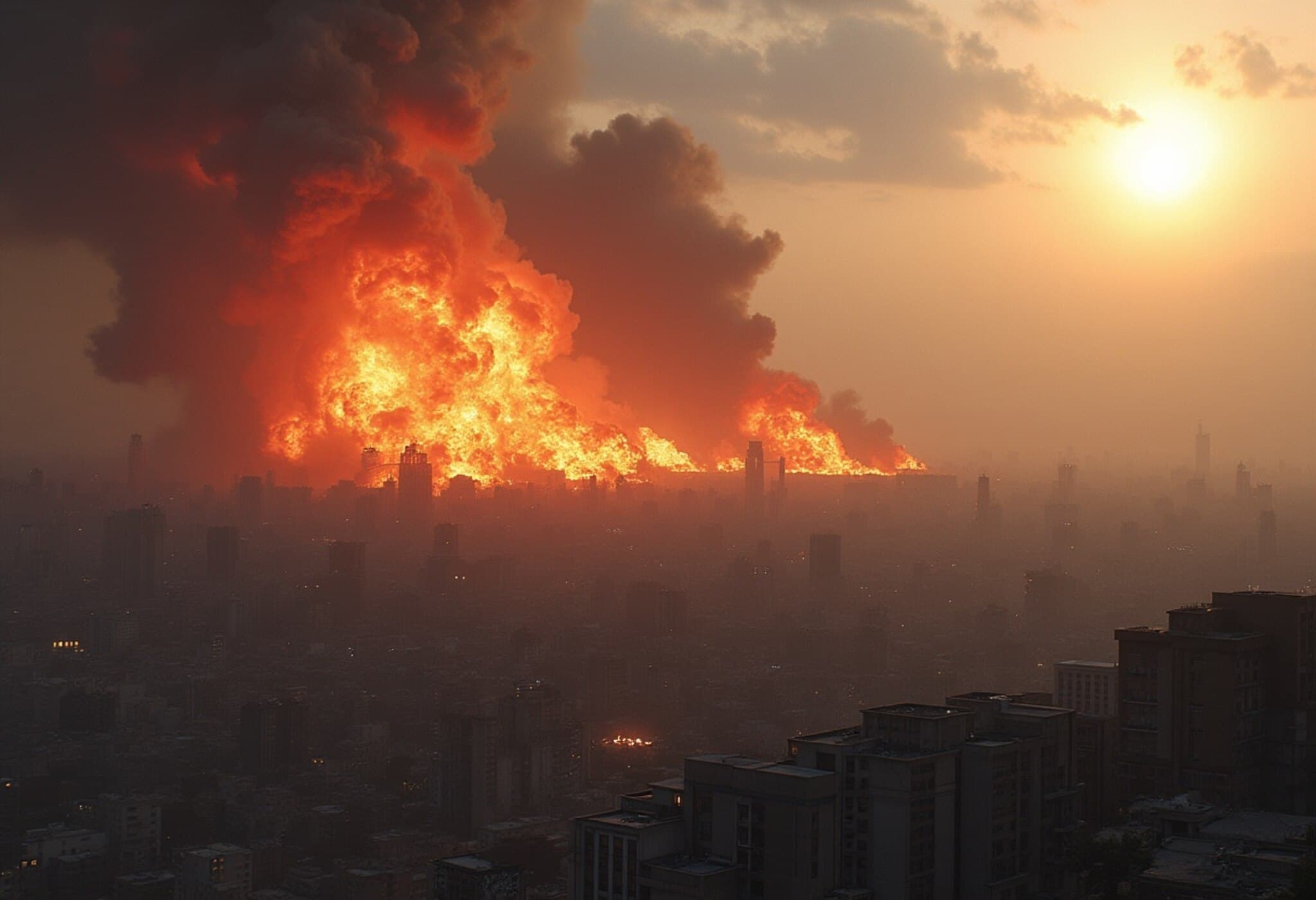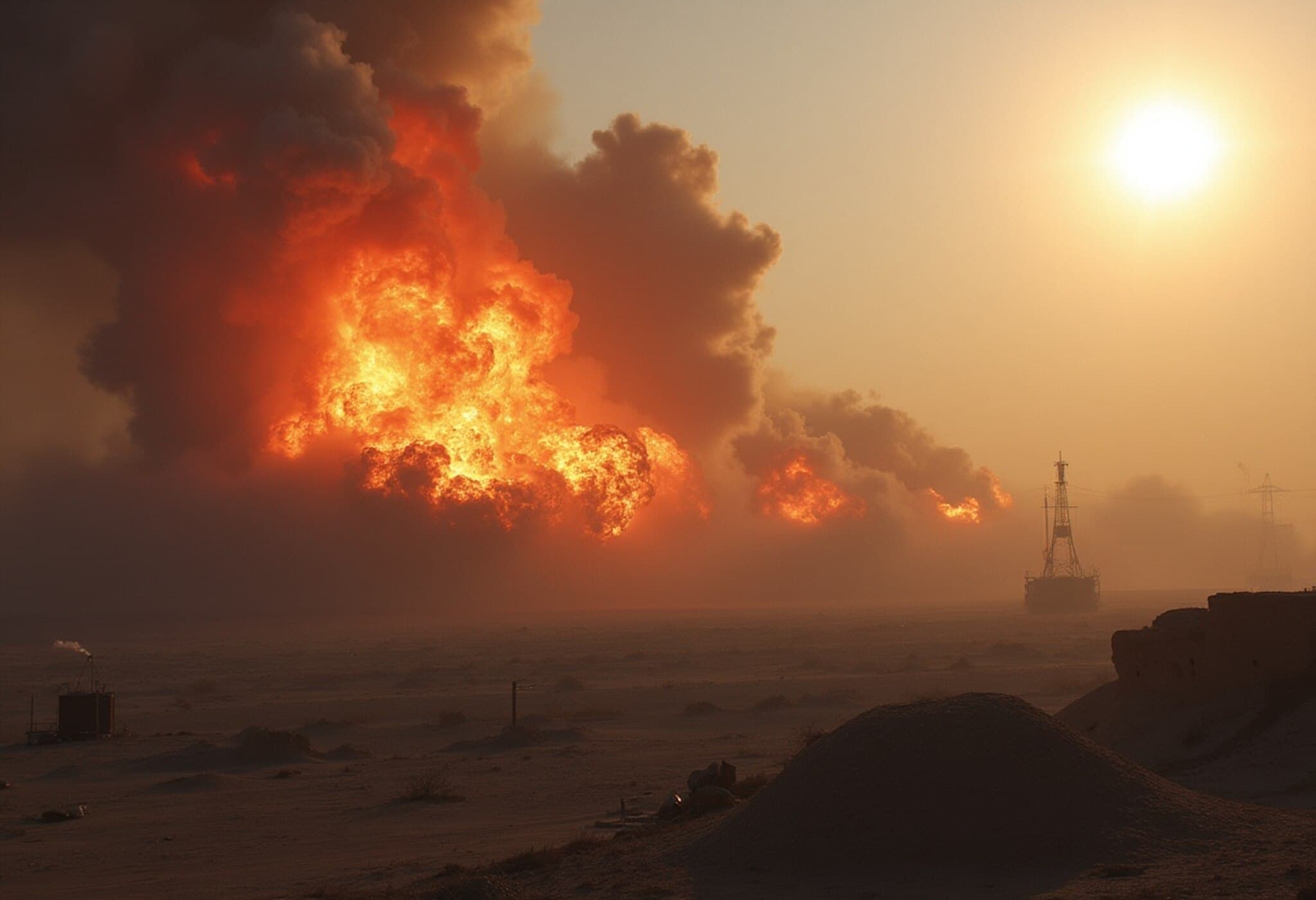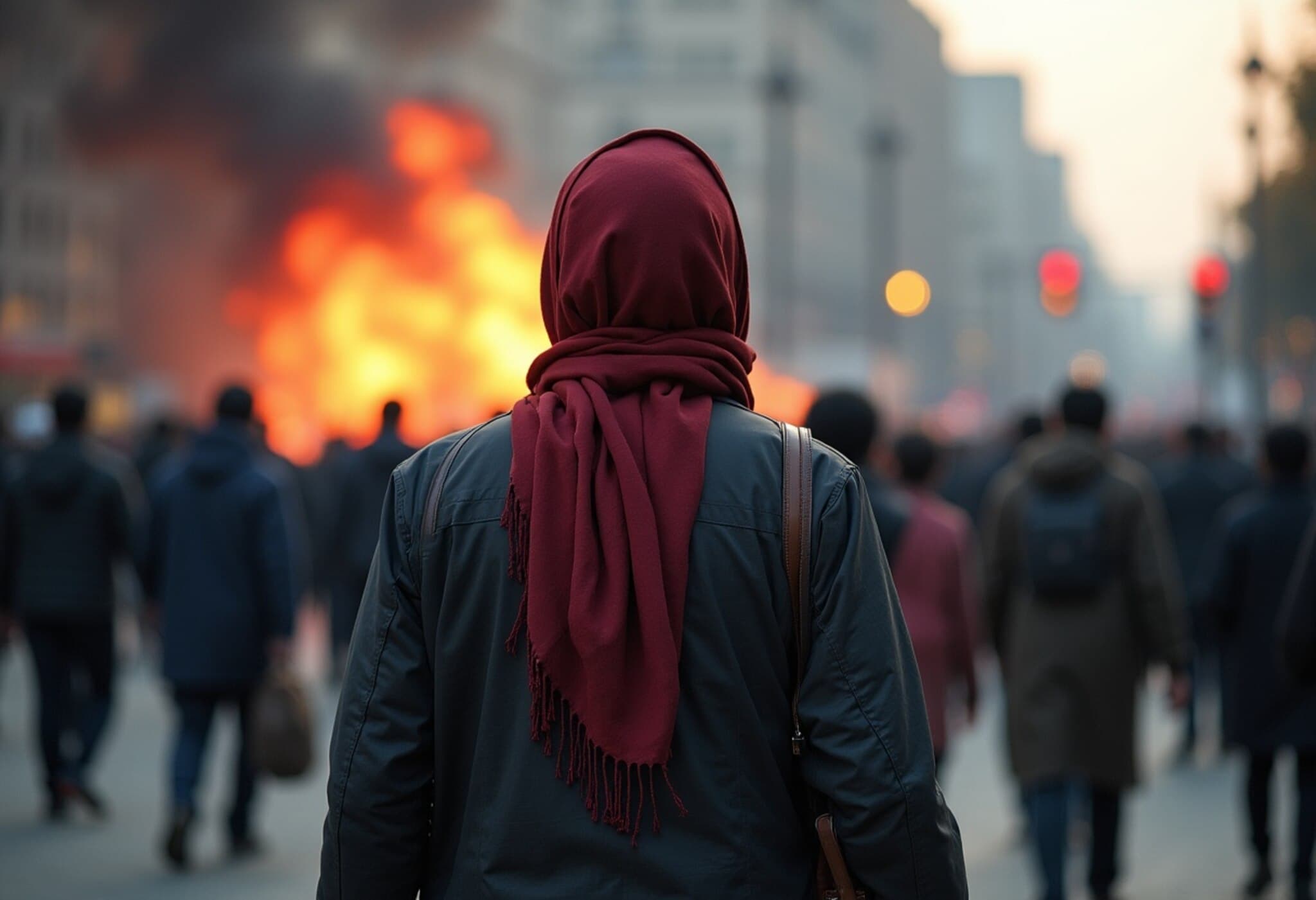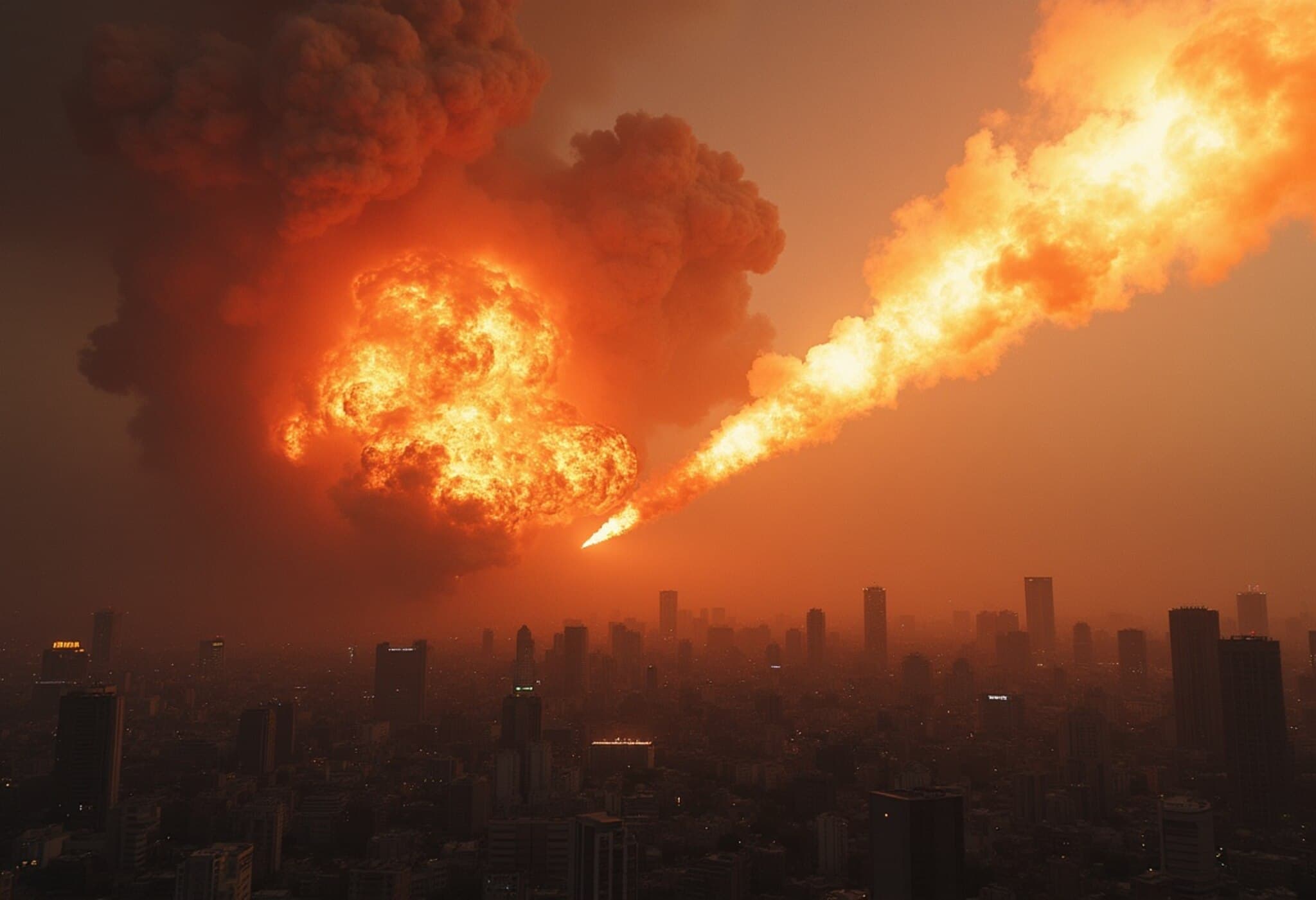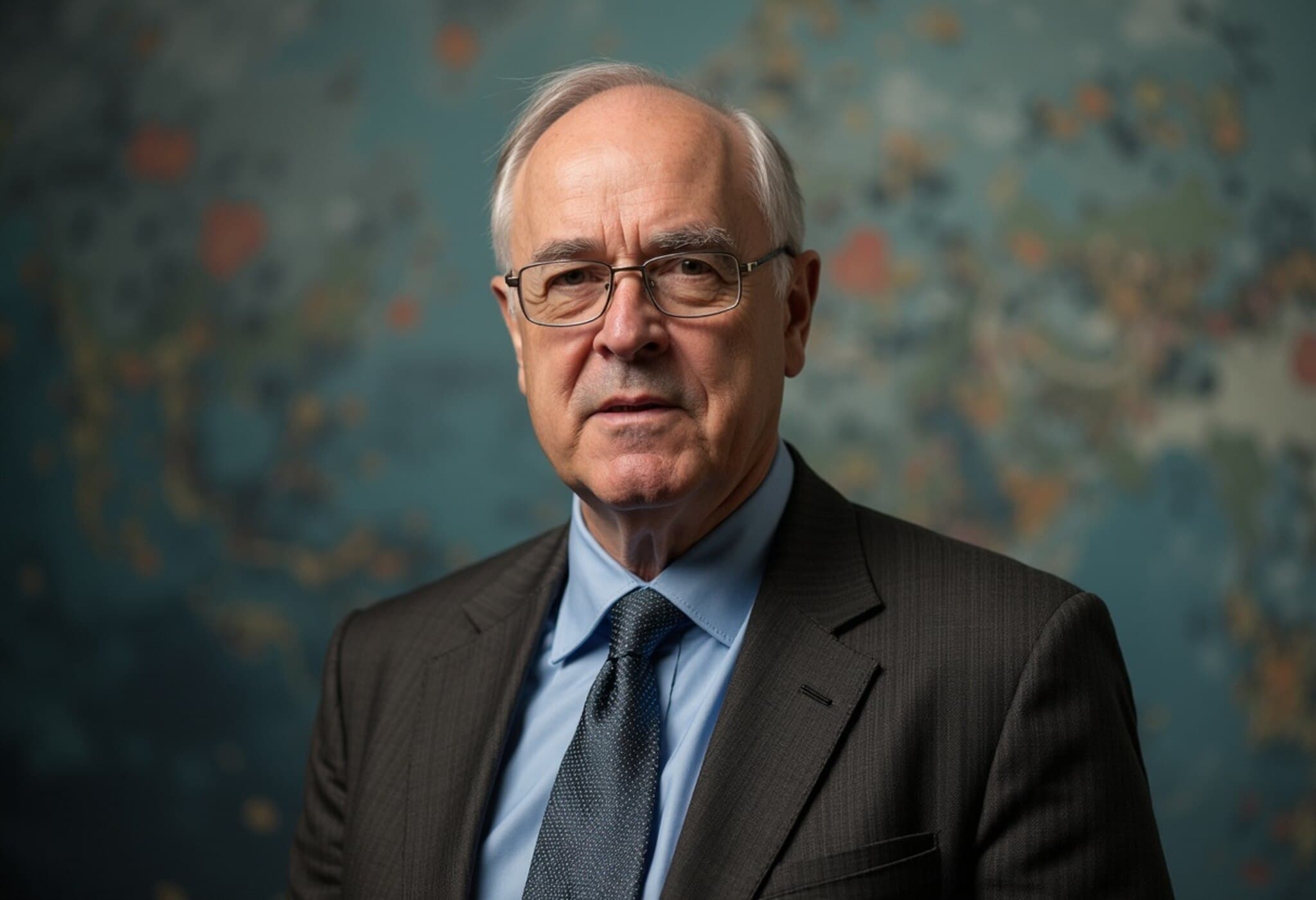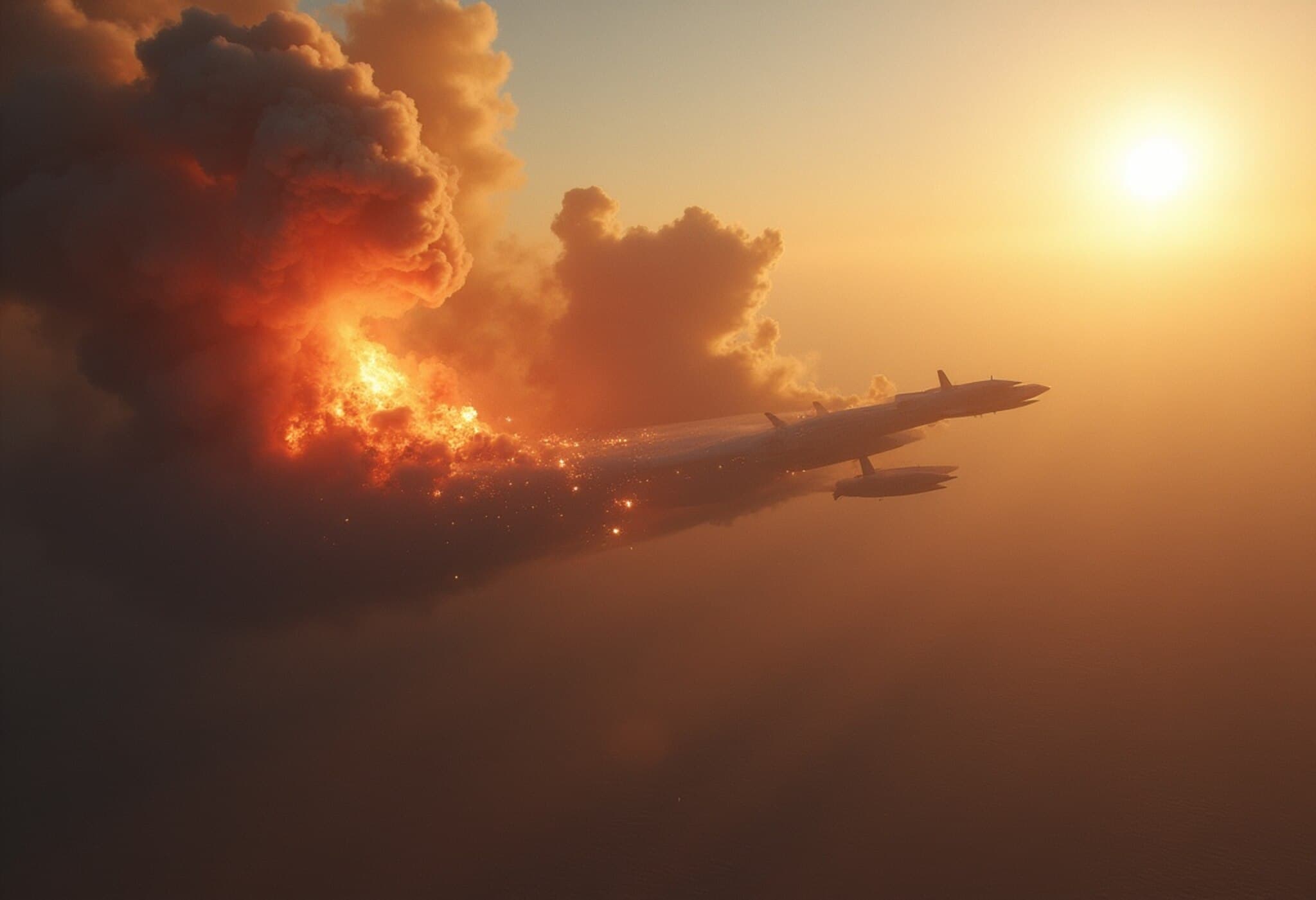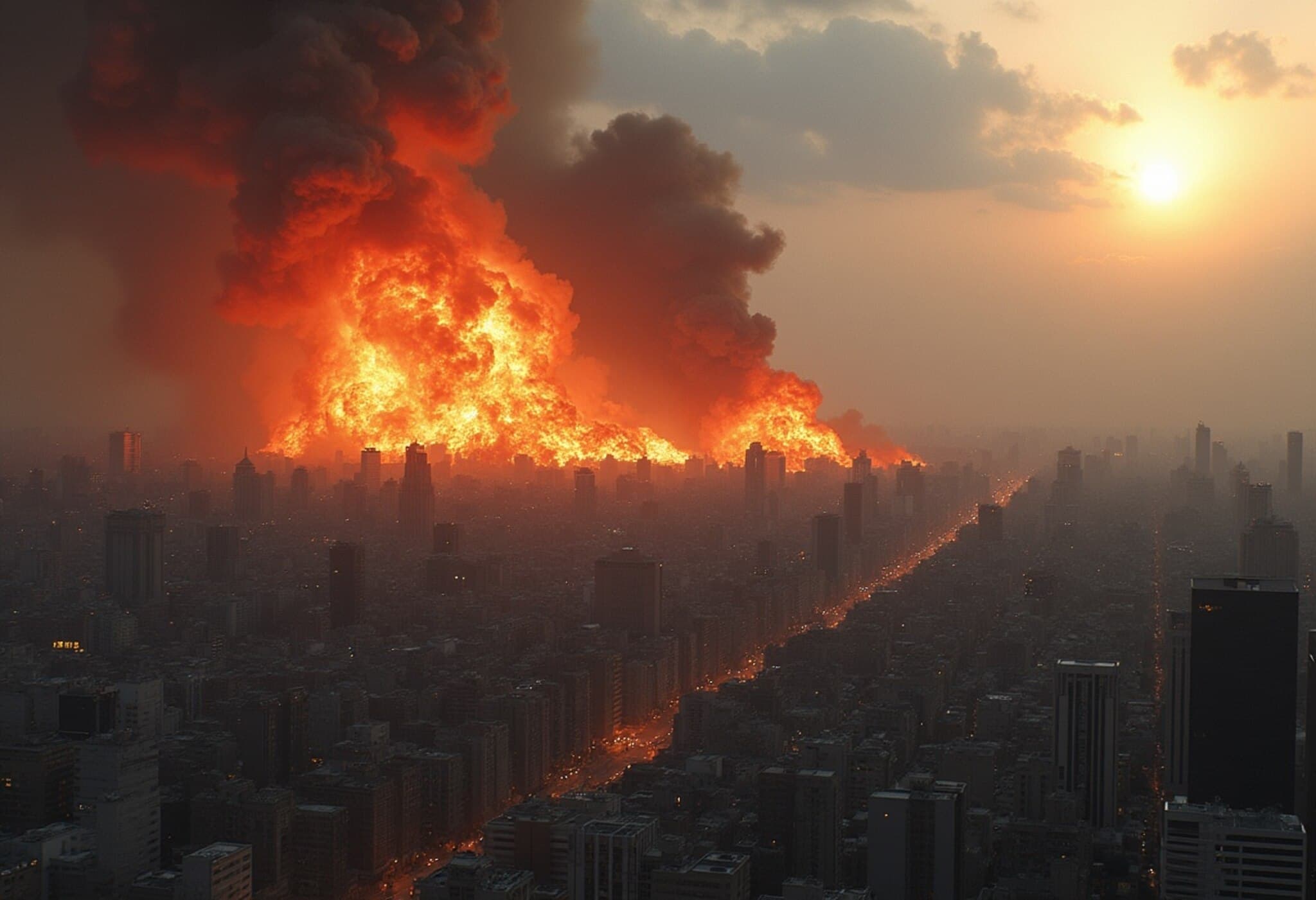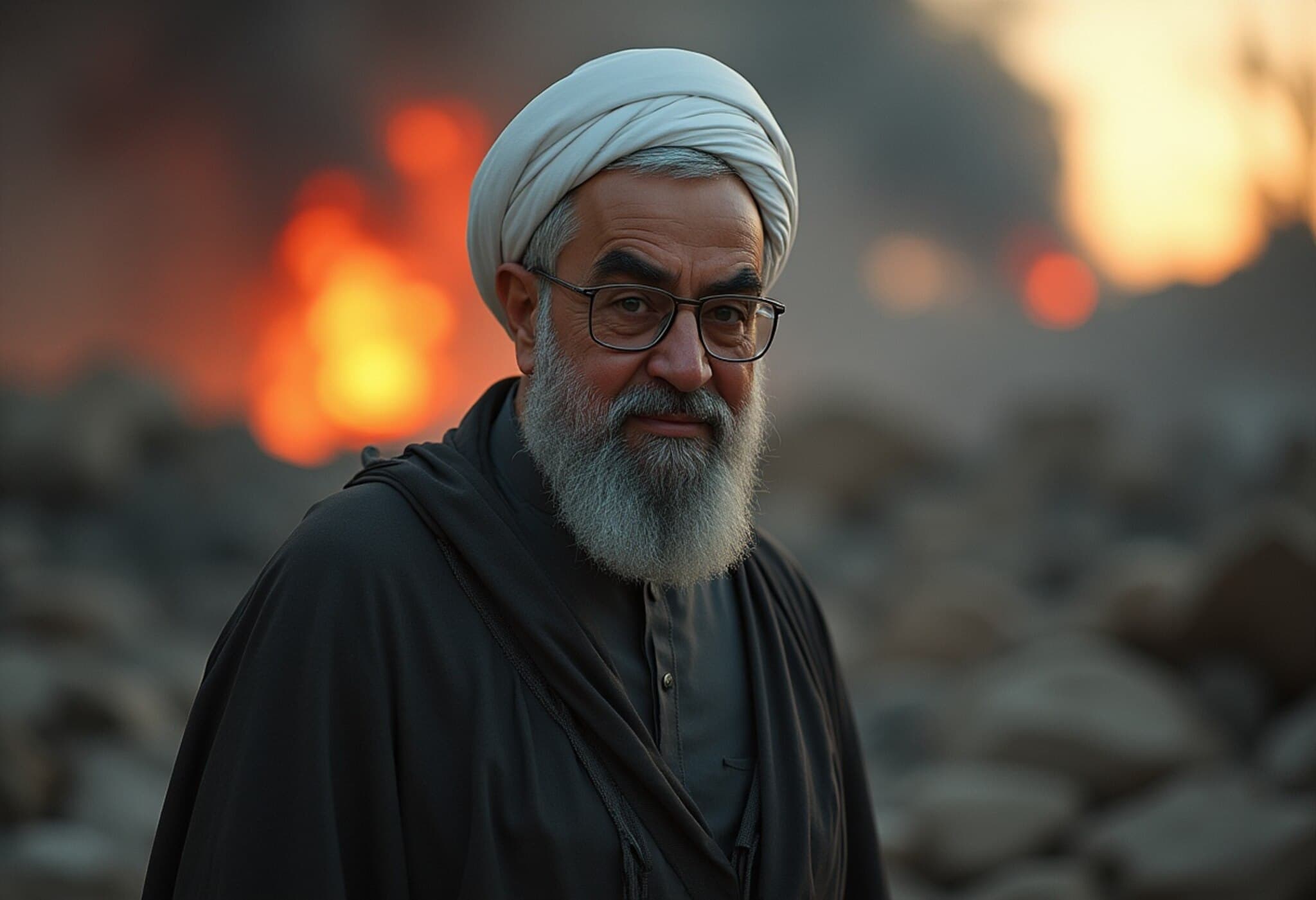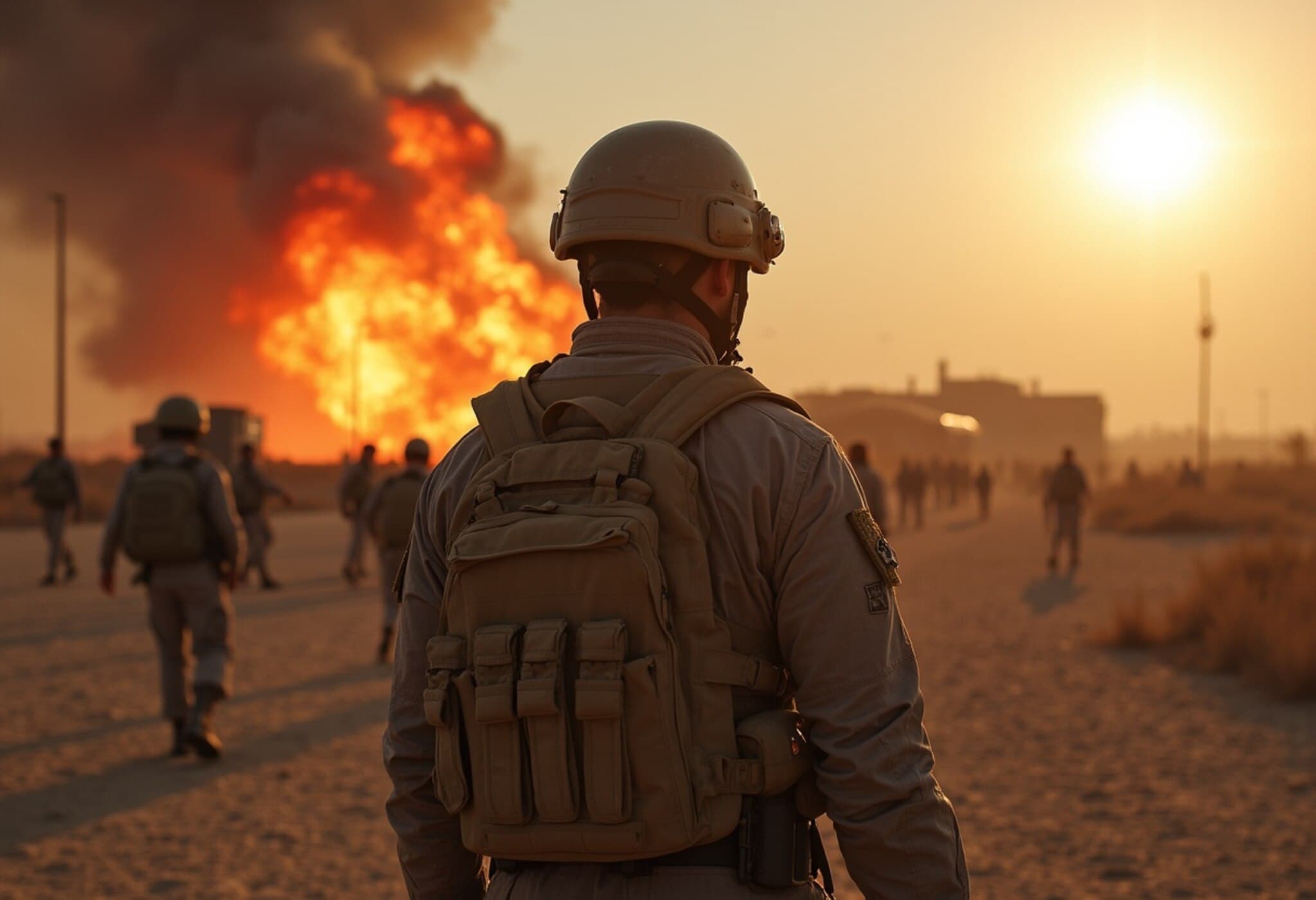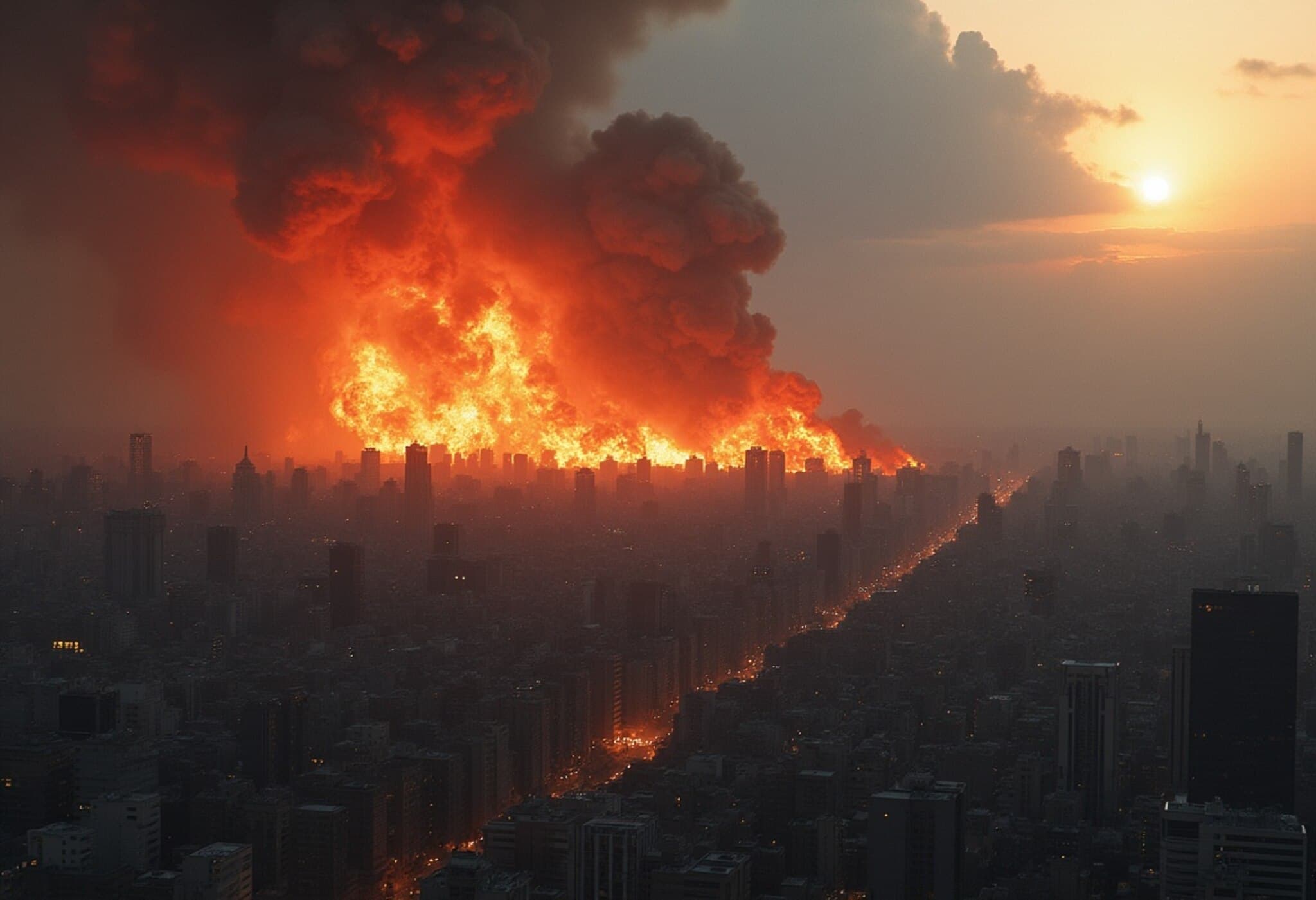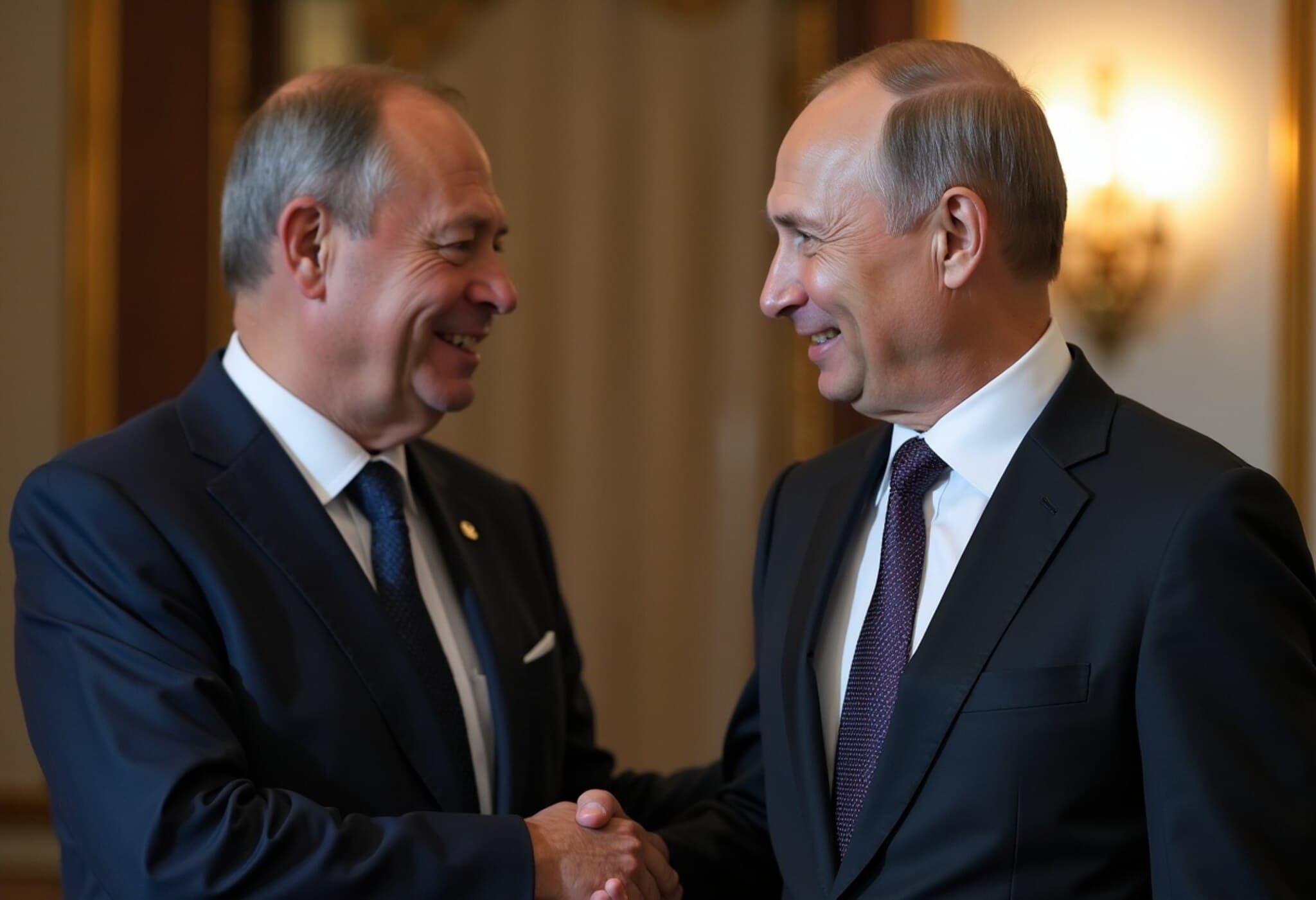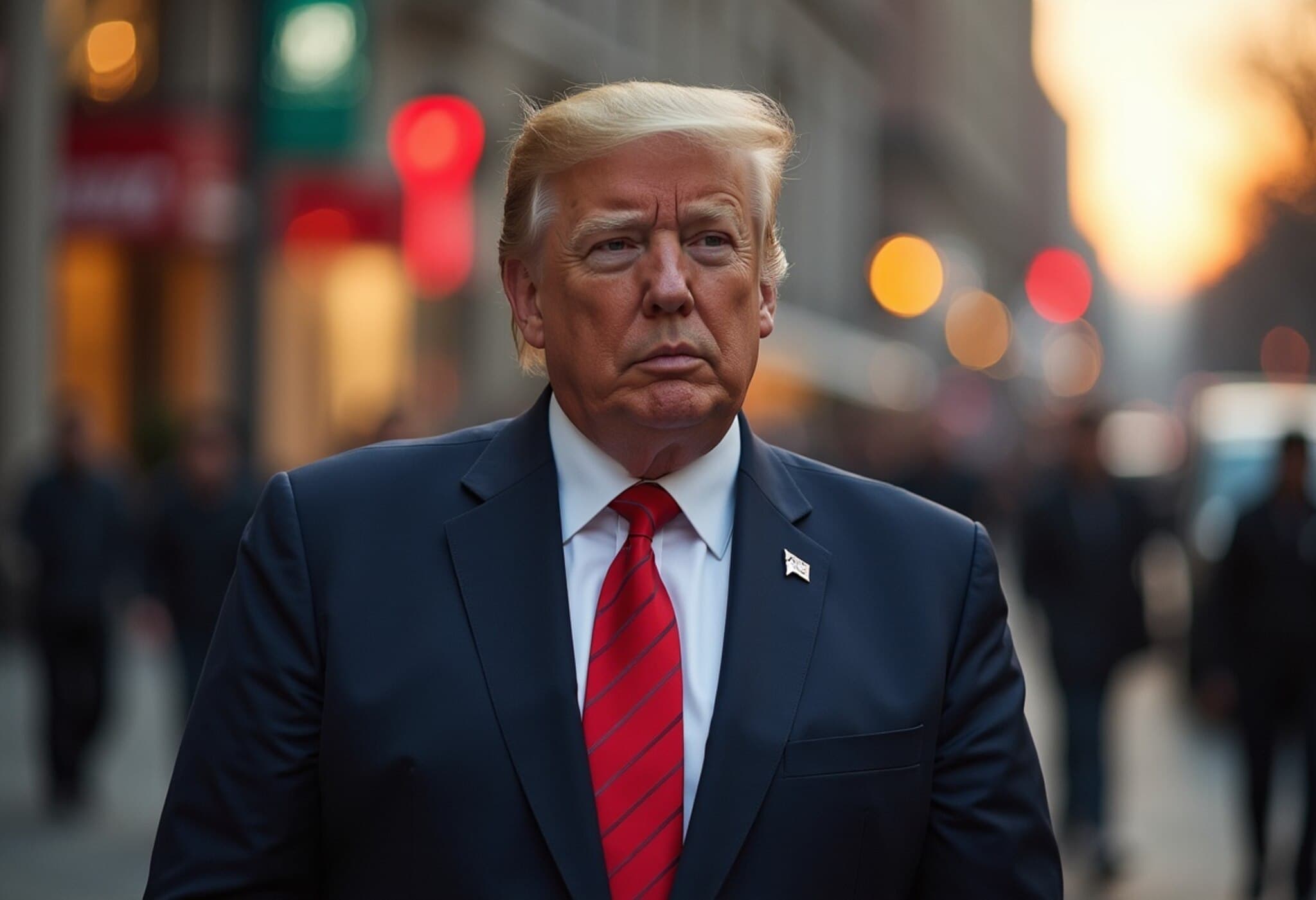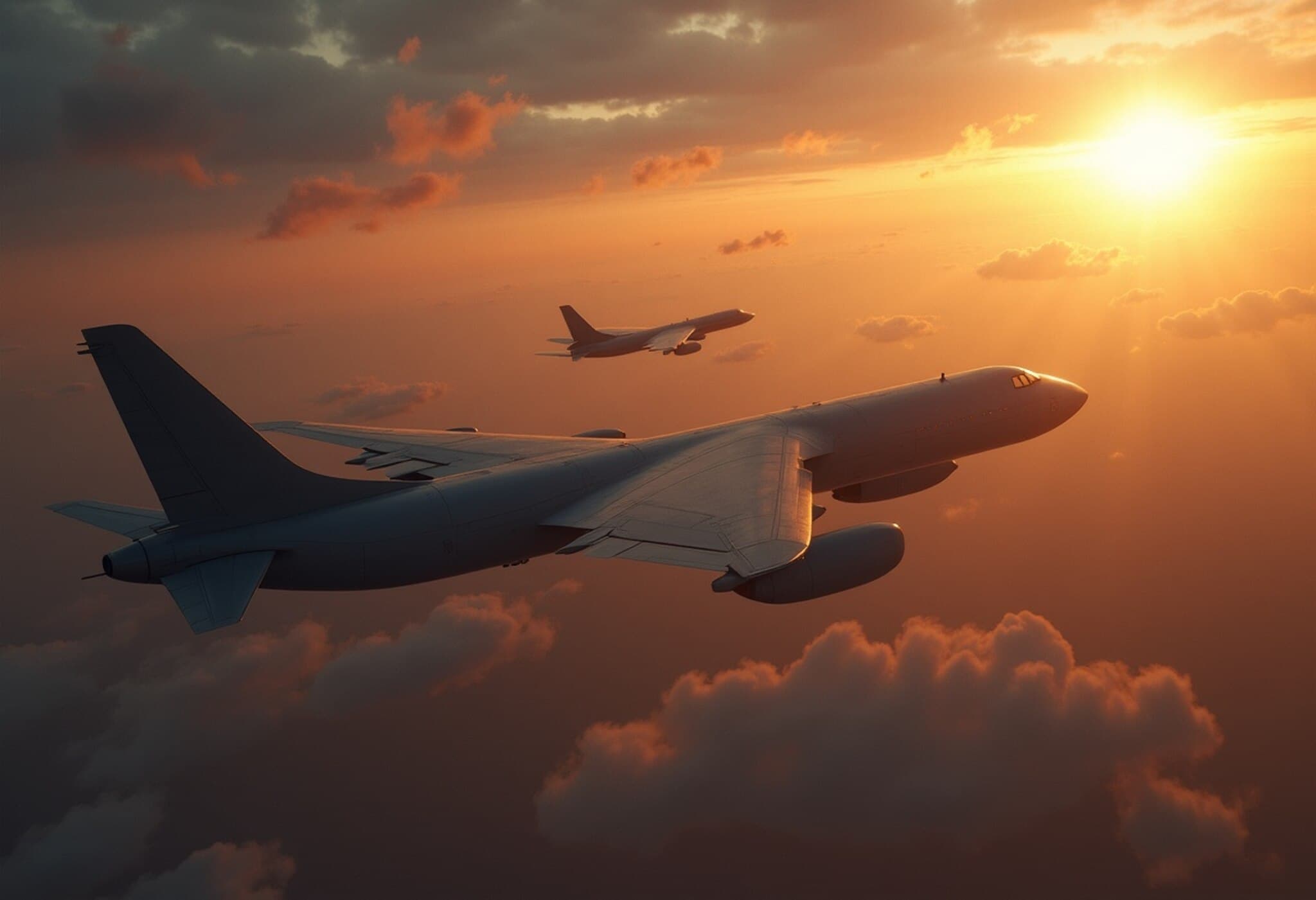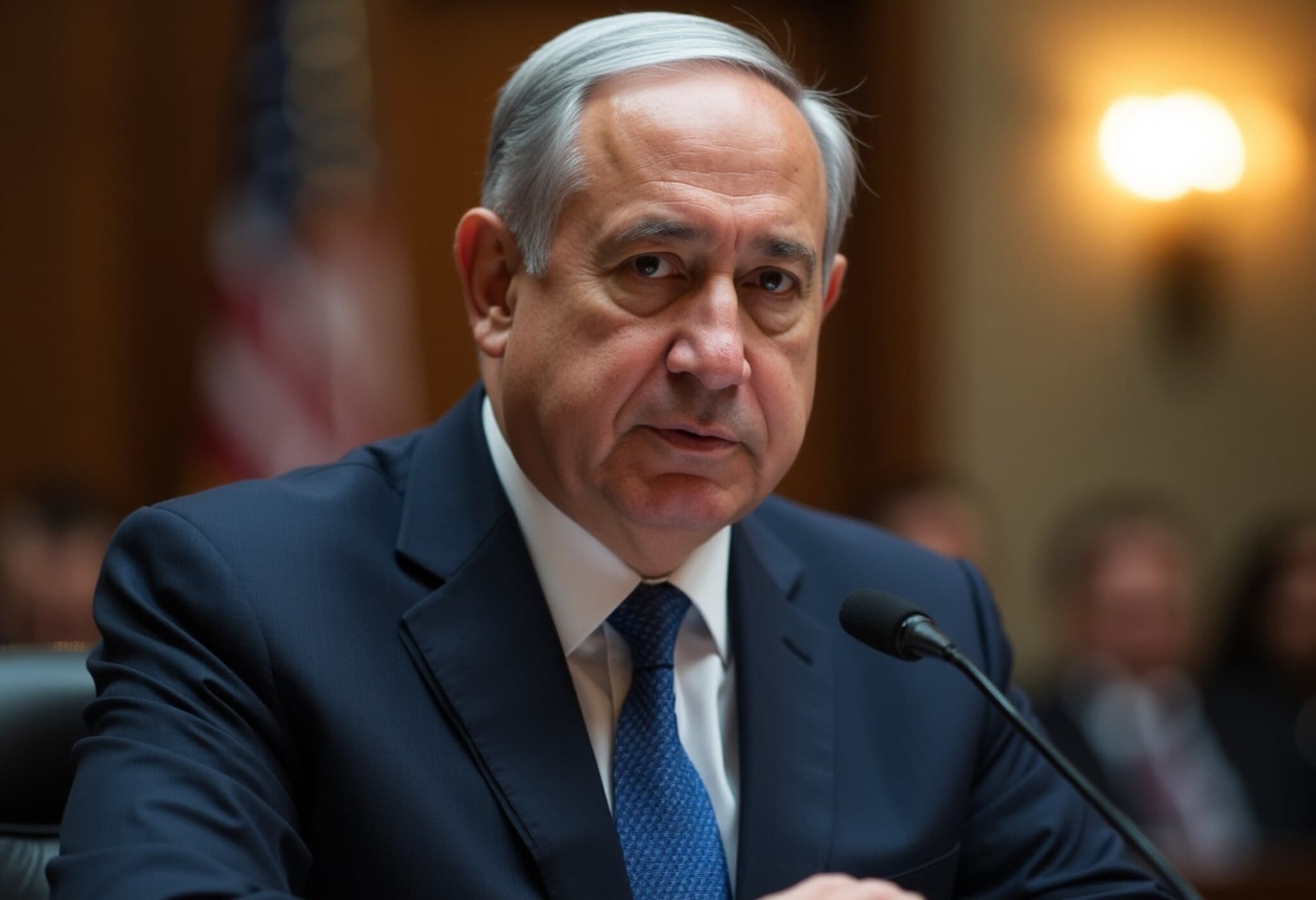US Launches Major Strike on Iran’s Nuclear Facilities
In a significant military operation late Saturday, the United States targeted three critical nuclear sites in Iran—Isfahan, Natanz, and Fordow. The mission reportedly involved a formidable fleet of over 125 aircraft, including B-2 Stealth Bombers, underscoring the scale and precision of the attack.
Russian Official Warns of Nuclear Escalation
Dmitry Medvedev, Russia’s deputy chairman of the Security Council and former president, sounded alarms following the US strikes. Through a series of posts on social media platform X, Medvedev asserted that the attacks would not halt Iran’s nuclear ambitions. Instead, he argued, Iran’s enrichment of nuclear material—and its trajectory toward nuclear weapons production—would persist unabated.
More controversially, Medvedev claimed that several countries are prepared to supply Iran with nuclear warheads directly, although he withheld disclosing the identities of these nations. His remarks highlight concerns about a potential international proliferation chain responding to escalating tensions.
Moscow’s Historical Ties and Diplomatic Moves
Russia has consistently backed Iran’s nuclear program within diplomatic arenas. During prior efforts to ease tensions, Moscow even proposed mediating a new nuclear agreement between the US and Iran. However, such efforts were rebuffed by the US administration. At one point, the then-President dismissed Russia's position, urging Moscow to focus on its own conflicts.
Background: The 2015 Nuclear Deal and Its Fallout
The 2015 Joint Comprehensive Plan of Action (JCPOA) had initially placed strict limits on Iran’s nuclear development while lifting economic sanctions. Russia played a role in crafting this agreement. Yet, the US withdrawal from the deal in 2018 under the current administration shifted the geopolitical landscape dramatically, reigniting tensions.
What Lies Ahead?
The attack on Iran’s nuclear infrastructure, combined with Medvedev’s warnings, paints a troubling picture of escalating regional and global risks. The potential for increased nuclear arms support to Iran could fuel a deeper crisis with far-reaching consequences.
As these developments unfold, the international community remains on edge, watching closely for any further escalations or diplomatic resolutions.

